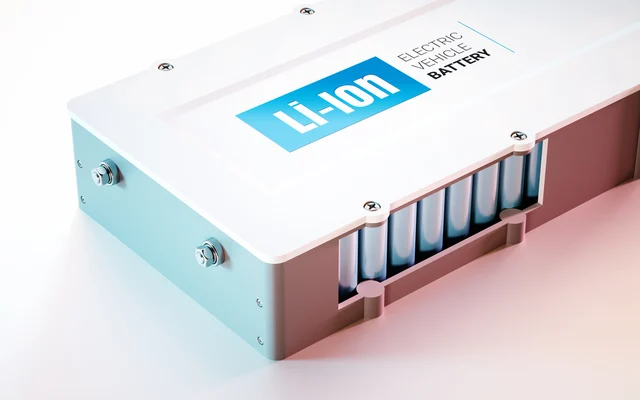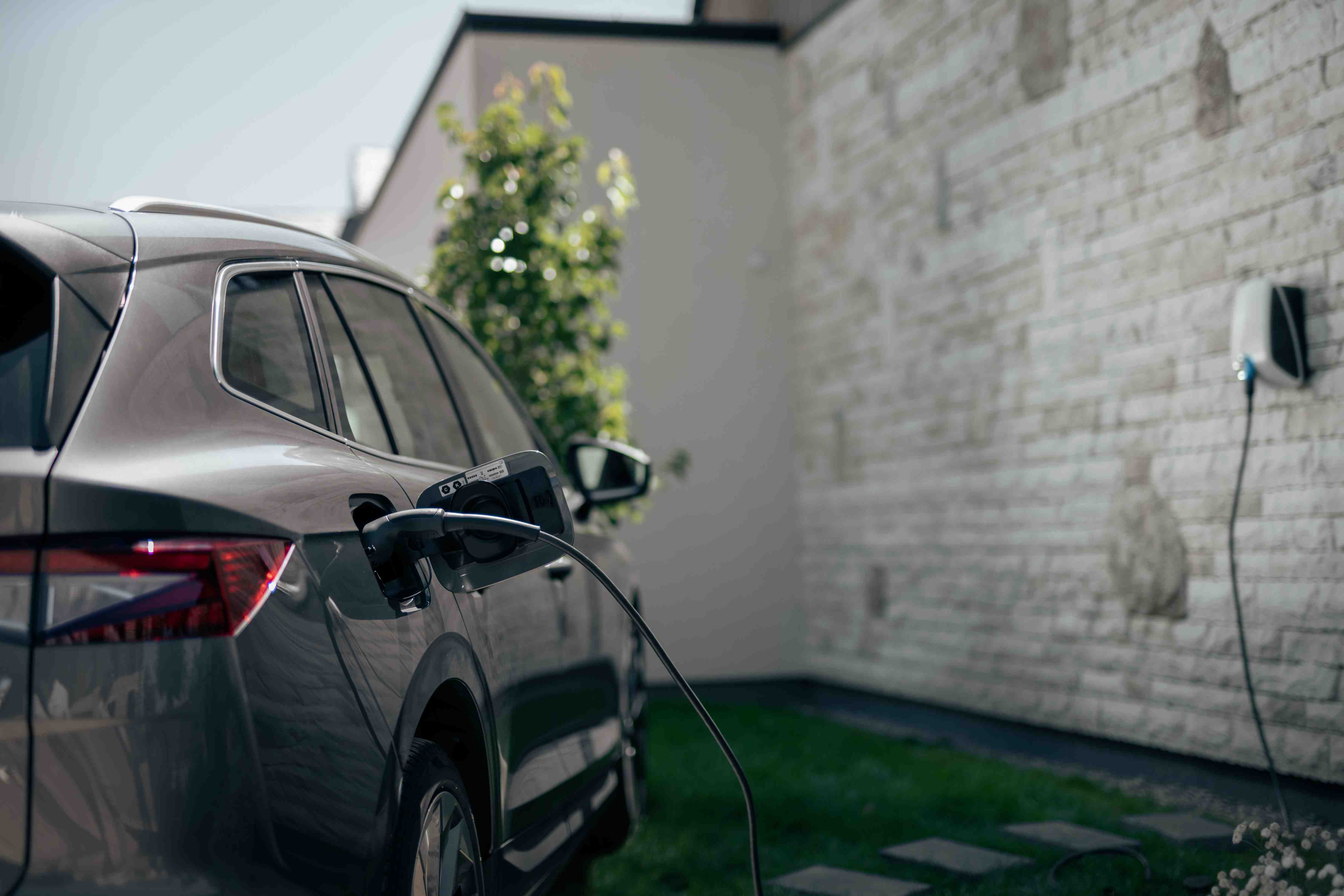On average, current EV battery packs cost around $10,000 to $12,000. The price tag remains one of the biggest hurdles for many potential buyers looking to transition to electric vehicles.
Understanding the Cost of Electric Vehicle Batteries
Electric vehicles (EVs) have become increasingly popular over the past few years, with global EV sales growing by 75% in Q3 2022 compared to the previous year. However, despite this rapid growth, the price of EVs continues to be a major concern for many consumers. One of the key reasons behind this is the cost of the battery, which typically makes up about 30-40% of the total cost of an EV.

Lithium-ion batteries, the type used in most EVs today, rely on a mix of metals such as lithium, nickel, cobalt, and manganese. These materials are not only costly but also difficult to extract and process. The supply chain challenges have been further compounded by the rapid increase in demand for EVs, leading to rising raw material costs.
Despite the recent fluctuations in battery prices, the long-term trend has been toward decreasing costs. Innovations in battery technology and economies of scale have helped reduce prices significantly over the past decade. It's expected that continued advancements will drive costs even lower in the future.
In this article, we’ll explore the various factors influencing the cost of EV batteries, including the materials used, manufacturing processes, and market dynamics. We’ll also discuss ways to maintain your EV battery to ensure it lasts as long as possible, along with the associated replacement costs and warranty coverage.
Factors Affecting EV Battery Costs
The cost of an EV battery isn't just determined by the materials it's made of. Manufacturing processes, economies of scale, and geographic location all play significant roles. Let’s dive deeper into the key factors that influence battery pricing.
Composition of EV Batteries
Most EV batteries are composed of lithium-ion cells, which require a variety of metals to function efficiently. Lithium, nickel, cobalt, and manganese are the primary components, each contributing to the battery's performance and durability. Cobalt, in particular, is known for its ability to stabilize the battery's chemistry, but it’s also one of the most expensive and ethically controversial materials due to its extraction methods.

Nickel is another crucial ingredient that enhances energy density, allowing EVs to travel longer distances on a single charge. However, the demand for nickel has surged, leading to increased costs and concerns about sustainable sourcing. Graphite, used for the anodes, is relatively cheaper but still contributes to the overall expense.
Geographic and Market Dynamics
The location of battery production plays a critical role in determining costs. Currently, China dominates the EV battery market, producing around 70% of the world’s batteries. This concentration of production allows Chinese manufacturers to leverage economies of scale, keeping costs lower compared to competitors in Europe and North America. However, geopolitical tensions and trade policies could shift this balance in the future.
The United States and the European Union are actively working to establish their own battery supply chains to reduce reliance on foreign imports. Initiatives like the Inflation Reduction Act in the U.S. aim to incentivize local battery production, which could help bring costs down over time. Meanwhile, countries like Australia and Canada are exploring opportunities to extract and process critical minerals more sustainably.
Battery Replacement and Maintenance
When it comes to maintaining an EV battery, proper care can go a long way in extending its lifespan. Overcharging or discharging the battery fully can accelerate degradation, so it’s advisable to keep the charge level between 20% and 80% for daily use. Additionally, avoiding extreme temperatures—both hot and cold—can help preserve the battery's health.
Despite the high initial cost, EV batteries are designed to last for many years. Most manufacturers offer warranties covering the battery pack for 8 to 10 years or 100,000 to 150,000 miles. If the battery does eventually need replacement, the cost can vary widely depending on the model and whether it’s still under warranty. Some EVs have modular designs that make replacements easier and more affordable, while others may require custom parts, driving up the price.

Even with the best maintenance practices, battery degradation is inevitable over time. However, advancements in battery technology are gradually improving longevity, with some manufacturers claiming their batteries can retain up to 70% of their original capacity after 10 years of use.
Conclusion
While the upfront cost of EV batteries remains a barrier for some consumers, the benefits of owning an electric vehicle—such as lower operating costs, reduced environmental impact, and government incentives—continue to outweigh the drawbacks. As the industry evolves, innovations in battery technology and manufacturing processes will likely lead to further reductions in costs, making EVs more accessible to a broader audience.
By understanding the factors that influence battery costs and adopting responsible usage habits, EV owners can maximize the value of their investment while contributing to a cleaner, more sustainable future.

Freezer Working Room,Cryogenic Freezer Working Room,FRP Freezer Working Room
Inamori Technology (Wuxi) Co., Ltd. , https://www.carbonfibrefactory.com